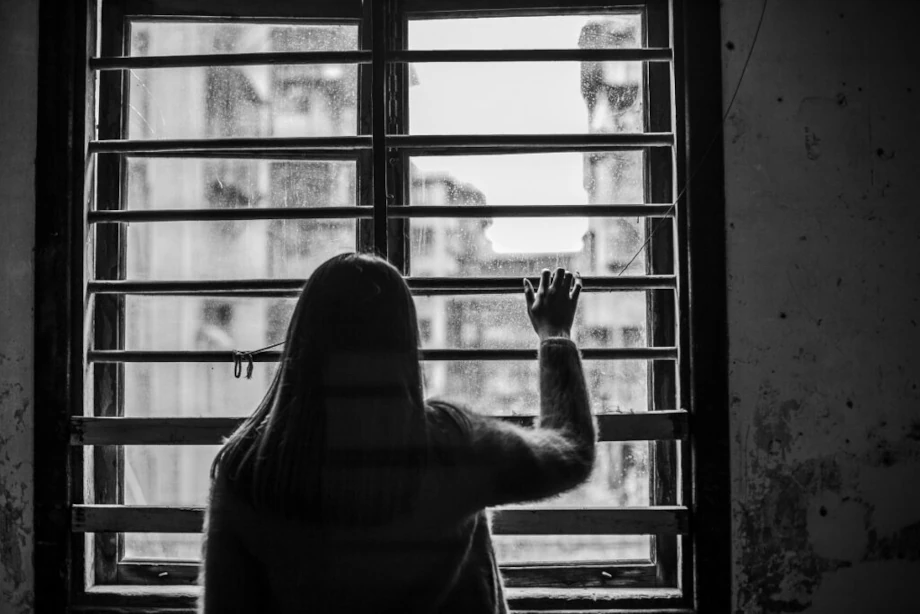In recent years there is more talk about depression. People affected by this serious illness are more willing to talk about their problems as there is less stigma attached to it. On the one hand it isa positive phenomenon, thanks to which more people seek help. On the other hand, common myths and prejudice still surround depression. One of the most common misconceptions is claiming that depression is only sadness. Depression is an illness affecting many more elements of life and sadness is only one of those elements.
What is depression exactly?
Depression is, in fact, a group of mental disorders. In international classification we distinguish among others:
- a depressive episode which we diagnose if such episode has happened for the first time and has lasted more than 2 weeks.
- recurring depressive disorders – we talk about them if at least 2 depressive episodes occurred in the patient. However, to diagnose such disorders one must rule out an occurrence of an episode of mania.
- Dysthymia – often occurring, but rarely diagnosed disorder. Its symptoms last at least 2 years. However, they are less severe than in the case ofthose disorders mentioned above.
- Some researchers also indicate that the premenstrual tension syndrome also belongs to the group of depressive disorders.
Depression – afiction or serious illness?
Unfortunately, we often hear the statement that depression is not an illness, but only a figment of the imagination of the sick person. However, that is not the case. Scientists agree with the fact that depression is an illness. Depression affects a dozen per cent or so of the population during their lifetime and adversely affects both quality of life and life span. According to WHO depression will have been the most common illness by 2030. It has also been noticed that it is an independent factor for the occurrence of cardio- vascular diseases. Older age and female gender are the factors which can increase the risk of depression. Unfortunately, there are reasons to claim that men are significantly less likely to seek medical help despite experiencing depression.
Depression is not just sadness
Usually, we associate depression with sadness. This is not a wrong impression; however, it is a little incomplete. People suffering from depression also lose interest in things they used to enjoy. Moreover, they lose the joy of life and become indifferent to activities they used to find pleasurable. Such an example can be a loss of interest in a hobby or work that used to bring joy. Suicidal thoughts occur frequently. Person affected by depression has also lower appetite and suffers weight loss. Fatigue is also a dominant feeling, often accompanied by a sense of guilt or even delusions about the illness. A neglected but important symptom of depression is concentration problem.

Sleep disorders are an inherent part of depression
A significant but often omitted aspect of depression is a sleep disorder. A person who suffers from depression finds it more difficult to fall asleep or sleep through the night until the morning. It means that a person wakes up early and is not able to fall back to sleep, and therefore feels sleepy and tired. So called atypical depression features excessive sleepiness and the affected person is constantly tired despite sleeping a lot. Sometimes it happens that sleep disorders lead to misuse of alcohol as a help to sleep. People suffering from insomnia frequently reach for various sedatives such as benzodiazepines or so-called Z-drugs – e.g., zolpidem and zopiclone. It complicates the diagnostic process and method of treatment.
Going for a walk won’t cure depression
People suffering from depression are often misunderstood and get a lot of good advice from those around them. ‘Go for a run’ or ‘go shopping’ are the most common forms of advice which result from a lack of knowledge, as well as underestimating the problem of depression. Even though exercise is important in the process of healing and maintaining health, it cannot substitute pharmacotherapy and/or psychotherapy. Psychiatrist will conduct a full interview with you, which will help them to select the right medication and direct you towards the most appropriate therapeutic treatment. The problem of depression should not be ignored, and one should not be ashamed of it. This condition is quite frequent, severe but curable by an appropriate therapy.




